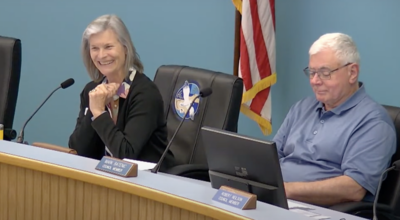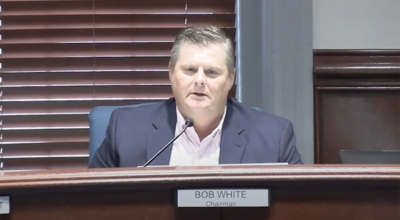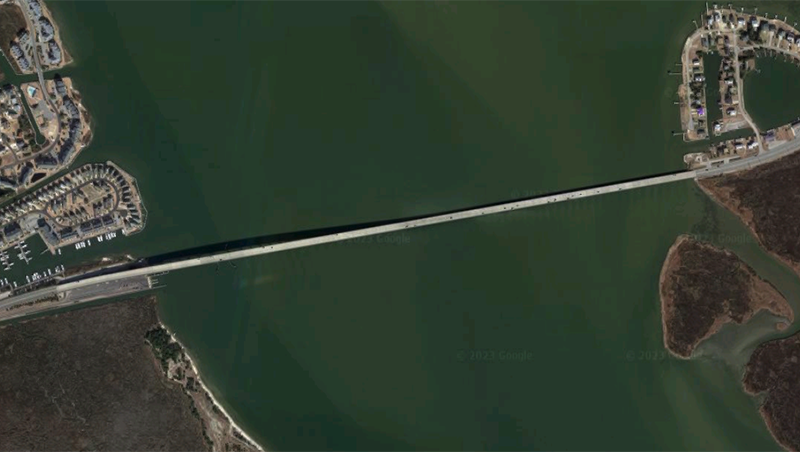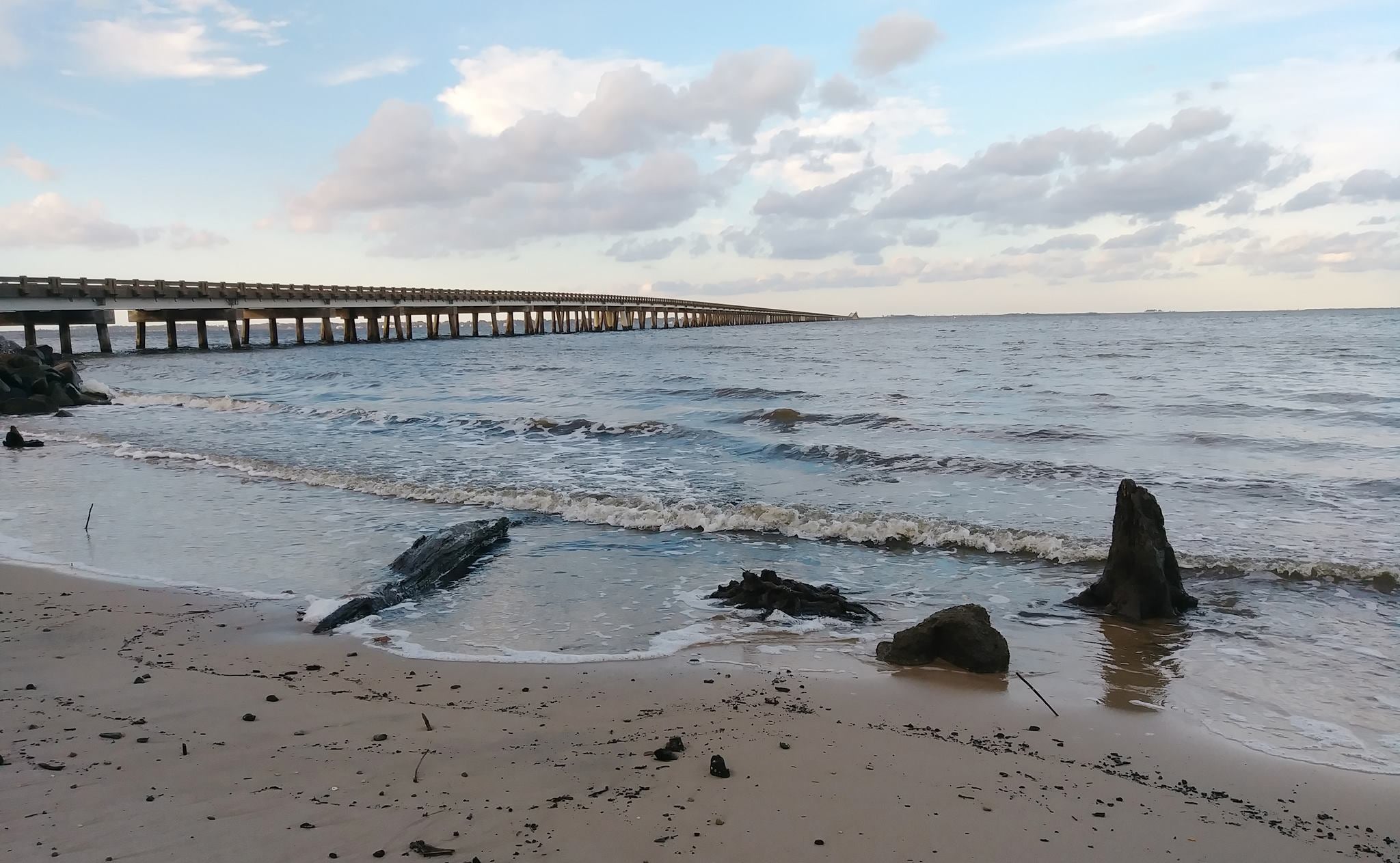Nags Head town manager proposes 2022-23 budget
Published 11:57 am Wednesday, May 25, 2022

- Nags Head town manager Andy Garman proposes the 2022-23 budget to the Board of Commissioners. Still from Nags Head meeting video
|
Getting your Trinity Audio player ready...
|
Nags Head town manager Andy Garman is making some interesting recommendations for the 2022-23 fiscal year budget.
The biggest change to the budget is the creation of a Capital Investment Fund (CIF). This will be a separate fund used for capital items like infrastructure projects or expensive equipment and will allow the town to plan long-term for these needs. A CIF fund will allow the town to pay cash for the majority of these expenditures. The fund will be seeded with $6 million from the fund balance, “which has been growing significantly due to increases in revenues over the last few years,” according to the town manager’s written message included with the budget proposal.
“This will require a change to our fund balance policy; however, it will allow the Town to monetize funds that have traditionally sat idle,” the message continued.
Changes to the fund balance policy would be reducing the percentage of General Fund expenditures kept in the General Fund. Currently that figure is 50% – Garman is recommending reducing that to 25 or 35%.
“Our impression from the board is that the board really wants to be aggressive in pursuing projects and getting things done . . . so this really aligns with that goal,” Garman said at the May 4 commissioners meeting.
“The biggest benefit of this fund is that it’s going to carry a fund balance and so when we have years where we have higher needs for expenditures, like four trash trucks in one year, we can use that fund balance to offset those years with higher expenses and not have to necessarily rely on financing,” Garman said.
The town manager presented a recommended General Fund budget for fiscal year 2022-23 totaling $33,255,283. This is $6,849,817 or 25% over fiscal year 2021-22. The increase is due to the CIP (transfer from fund balance), large projects with grant revenue, budgeted increase in shared revenues and increased employee costs.
General Fund revenues are projected to increase from last year due to several factors including an 11% increase in occupancy and land transfer taxes, 14% sales tax increase, a forecasted continuation of strong occupancy and sales tax revenues.
Projected expenditures in the budget include a focus on assets and infrastructure. The town will pay the first-year partial debt payment for the Public Services Complex, as well as continue with street/stormwater improvement projects. Updates are planned for Conch and Hollowell beach accesses, a skate park, dog park, Whalebone Park and the Beach Road multi-use path.
Also increasing are employee pay and benefits, according to the stated goal: “To ensure that Nags Head is a great place to work through pay, benefits, training, and an engaging work environment.” The presented budget remains competitive through a 6% cost of living adjustment, within-grade increases, funding to implement career progression programs, an increase in the 401(k) contribution from 3% to 5% and no employee increase in health insurance premiums.
Sanitation fees are going up; tipping fees and the price per ton for trash removal is moving to $86.06 per ton (up from $77 per ton last for 2021-22), plus a $6.06 per ton surcharge.
Garman is requesting added funding for Ocean Rescue services. This includes funding for eight lifeguards from Labor Day through September 30 and two ocean lifeguard supervisors; this is an extended season due to the increased visitor population seen into the fall. Garman is also suggesting raising lifeguard minimum pay up to $15.50 per hour.
Other big-ticket items are in the budget, including upgrading the police RMS/CAD system.
There is no recommended tax increase or water rate increase for Nags Head residents. This is in part because of the two cent increase last year, as well as the robust financial position of the town’s shared revenues, which include sales, occupancy and land transfer taxes.
Commissioners held a budget workshop last week. There will be a public hearing on June 1; commissioners can approve the budget that day or they may schedule a mid-June meeting.






